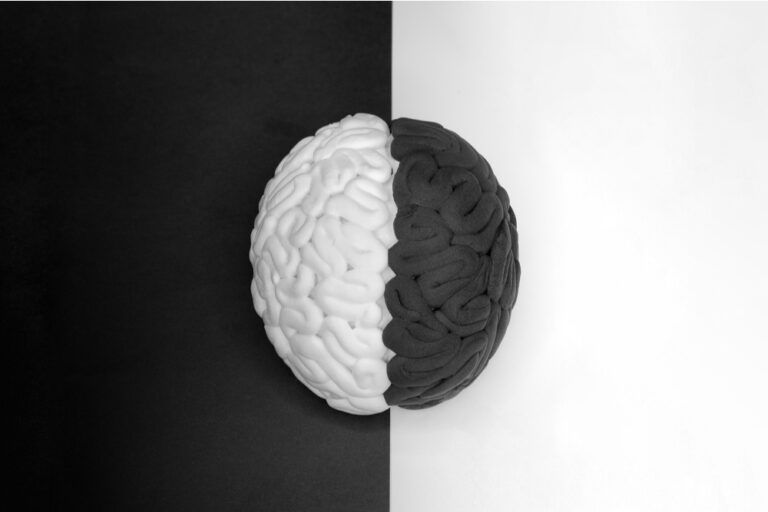Mild Traumatic Brain Injury (mTBI), colloquially known as a concussion, is often sidelined as a fleeting disruption, a bump on the head with transient consequences. However, the rippling effects on an individual’s emotional landscape can be profound and, at times, as arresting as the physical symptoms. While a concussion may not leave a visible mark, the emotional fallout often lingers in the shadows of the mind, emerging in various hues of psychological distress.
The tapestry of emotional symptoms post-mTBI is both rich and complex. In the immediate aftermath, the patient may experience a sense of disorientation and confusion, akin to being a stranger in their own mind. As the dust settles, the emotional symptoms begin to crystallize – irritability and frustration become frequent visitors, often without invitation. A once calm demeanor may give way to unexpected surges of anger, a startling contrast to the person’s pre-injury temperament.
Anxiety and depression are also common bedfellows following mTBI, with the injured party grappling with the unsettling sensation of unease and a pervasive gloom that colors their daily experiences. This can be further compounded by the stress of potential cognitive deficits, such as difficulties with memory or concentration, which can bleed into one’s sense of self and self-worth.
Sleep disturbances, a notorious symptom of mTBI, cast a long shadow over emotional well-being. Insomnia or hypersomnia can exacerbate mood swings, lead to increased sensitivity to stress, and hinder the brain’s ability to heal. The struggle to attain restorative sleep can be a significant barrier to emotional recovery.
Additionally, the emotional aftermath of mTBI can strain personal relationships. Loved ones may struggle to understand the invisible battle that the injured person is fighting, leading to a chasm of misunderstanding and unmet expectations. The person with mTBI may feel isolated in their experience, further entrenching the emotional turmoil.
The path to emotional equilibrium post-mTBI is not linear. It requires a comprehensive approach, including psychotherapy, cognitive-behavioral strategies, and, where appropriate, pharmacotherapy. Peer support groups and family counseling can also provide a scaffold of understanding and support.
Moreover, the importance of education cannot be overstated. Understanding that emotional disruptions are a common sequelae of mTBI can arm patients and their families with the patience and perseverance needed to navigate the turbulent waters of recovery.
In sum, the emotional symptoms following a mTBI are as diverse as they are impactful. They require a nuanced understanding of the interplay between the brain’s physical healing and the individual’s psychological adjustment. As we advance our knowledge of mTBI, we must shine a brighter light on the emotional shadows it casts, validating and addressing the full spectrum of symptoms to foster a holistic recovery.

















